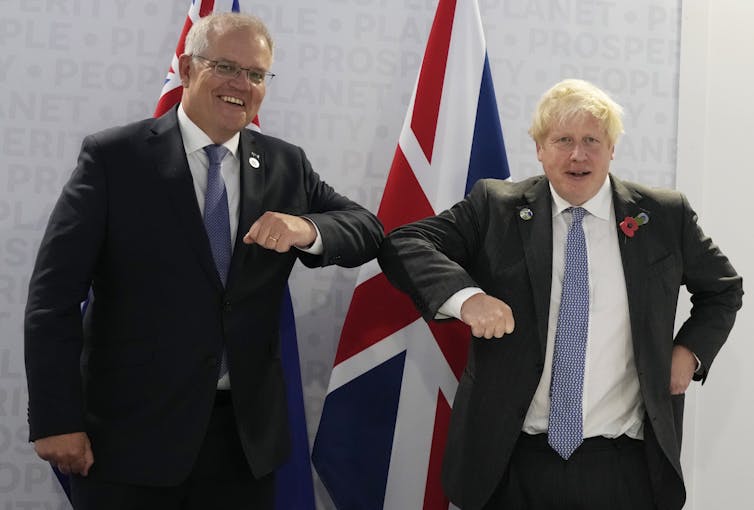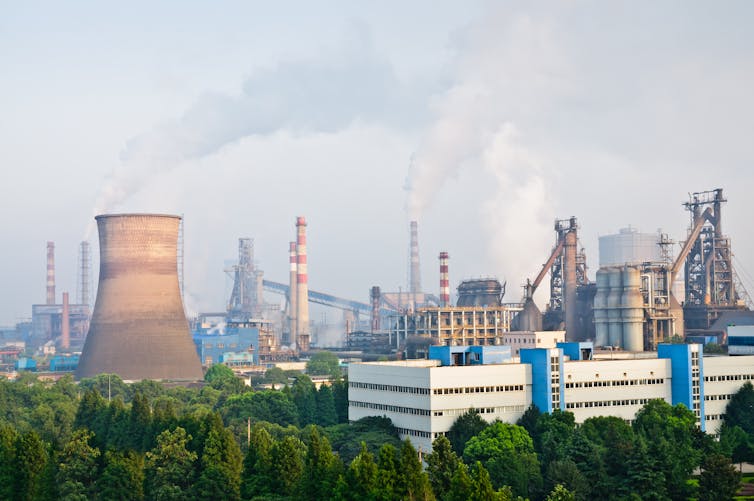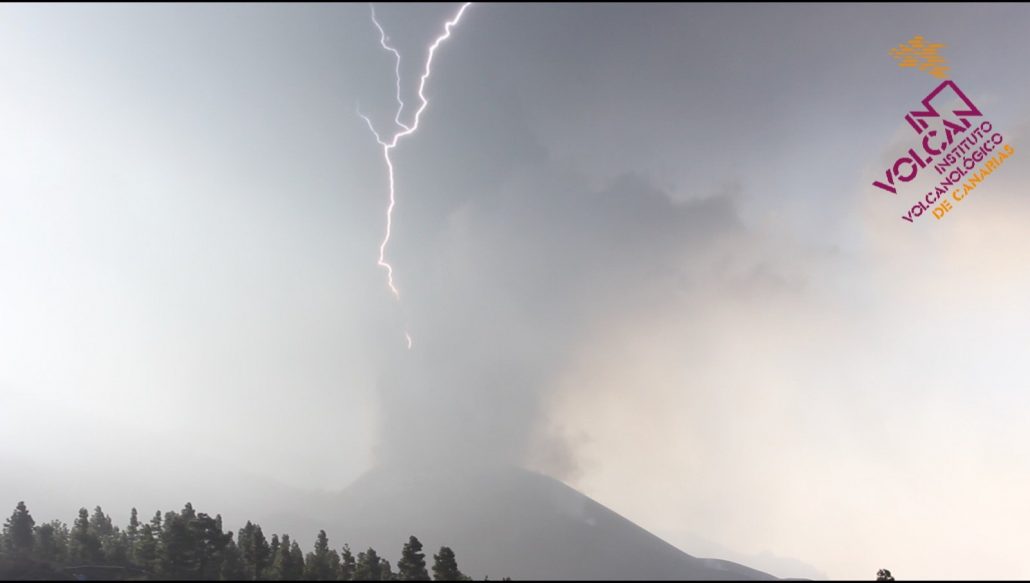World will face climate change even after reaching carbon neutrality goals — Rosneft CEO
VERONA, October 28. /TASS/. The world will face climate change even if it reaches carbon neutrality goals by 2050, Rosneft CEO Igor Sechin during the Eurasian Economic Forum.
"The Earth's climate has never been static, and even after reaching the carbon-neutral goals by 2050, humanity will still face climate changes," he said.
At the same time, he noted that energy transition is possible only if the stability of energy supplies and the development of new technologies are maintained. "The development of new materials is no longer an energy issue, but a much more serious issue of changing the structure of the economy. Despite the variety of plans to reach carbon neutrality, the energy transition will remain a pipe dream without developing new technologies and materials. Even in the long term renewable energy will not be able to completely replace traditional energy resources," he said.
Supporters of complete refusal to invest in the oil and gas sector ignore the risks of market imbalance, Sechin added. "This year has clearly shown that wrong decisions in the field of climate policy can lead to serious negative consequences for the entire global economy and society," he said.
Sechin believes that the climate agenda puts pressure on oil and gas prices, and not the OPEC+ policy. "Pressure from climate activists stops the implementation of joint projects with international companies, which forces majors to cut investments in oil and gas production, redirecting funds to renewable energy. It is the climate agenda that is now putting pressure on the global oil and gas market," he said.
Meanwhile, the gas crisis may cause additional demand for oil in the amount of 1 mln barrels per day, which could further increase oil prices, he noted. "According to Citi and Goldman Sachs, ultra-high prices for natural gas could create additional demand for oil in the amount of up to 1 mln barrels per day, which will increase imbalance similar to gas, and will further increase oil prices," Sechin explained.
According to Rosneft CEO, a variety of factors caused the gas crisis in Europe, but Russia is only helping resolve it. "The gas crisis did not occur for any one reason, but because of a variety of factors that had a simultaneous impact. Russia, for its part, helps resolve the crisis as much as possible, ensuring the stability of gas supplies to Europe. At the same time, our country always fully complies with all its contractual obligations," he said.















